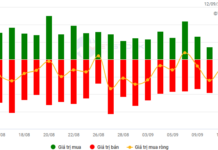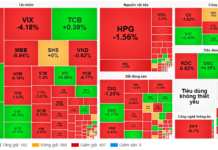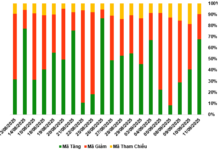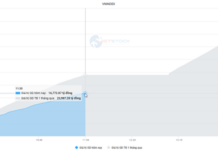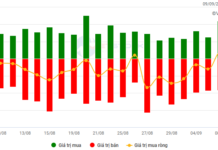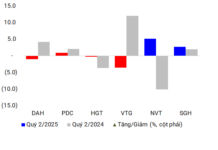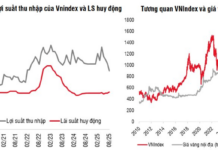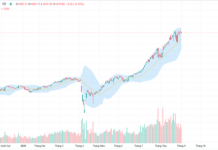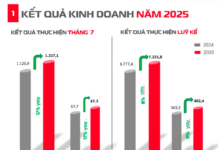The Vice Deputy Director of the Institute of Finance and Economics, National Academy of Finance, Dr. Nguyen Duc Do, believes that in 2024, the inflation pressure is forecasted to be not significant due to the slow economic growth of the world, especially the United States and China. Vietnam’s exports in 2024 are also expected to grow moderately in the context of the world economy slowing down. Furthermore, due to the difficult situation in the real estate market, the industrial-construction sector and the entire economy will be affected and have low growth in 2024. If the GDP growth in 2024 revolves around 6% as many forecasts suggest, the average GDP growth for the period 2020-2024 will be 4.64%, meaning that the 2024 economy will still operate below its potential. This is a factor that restrains inflation. Therefore, the average inflation for the whole year 2024 is projected to be around 3-3.5%, which is lower than the target set by the National Assembly of 4-4.5%.

Forecast for lower inflation this year than the target set by the National Assembly
“Regarding inflation, in my opinion, this year it will hover around an average of 3%, in case Vietnam’s world economy grows well, it can rise to 3.5%. But in the event that the US and the world economy fall into recession, and the prices of raw materials plummet, it could be around 2.5-3%. Overall, the inflation pressure is not significant, because the current context is not very favorable for inflation, and also because the inflation control policy of the State Bank of Vietnam has been very successful for the past 10 years,” said Dr. Nguyen Duc Do.
However, to control inflation in 2024 to achieve the target set by the National Assembly, economic experts believe that the government, ministries, and localities need to closely monitor the global situation, especially inflation in major economies. From there, timely alerting to the potential impact on prices and inflation in Vietnam to have appropriate coping measures. By doing so, it aims to ensure supply sources, stabilize prices domestically, and achieve inflation control targets.
Economic expert Vu Dinh Anh notes: “In 2023, although the average price index only increased by 3.25%, if we exclude the fuel and food factors, the core inflation or basic inflation is still above 4%. Thus, inflation caused by monetary factors needs to be concerned in 2024, when there are two factors that could push money supply in 2024 to increase, namely, the disbursement of public investment and the increase in credit with the target for early 2024 reaching 15%.”

